-
About
- About Listly
- Community & Support
- Howto
- Chrome Extension
- Bookmarklet
- WordPress Plugin
- Listly Premium
- Privacy
- Terms
- DMCA Copyright
- © 2010-2025 Boomy Labs
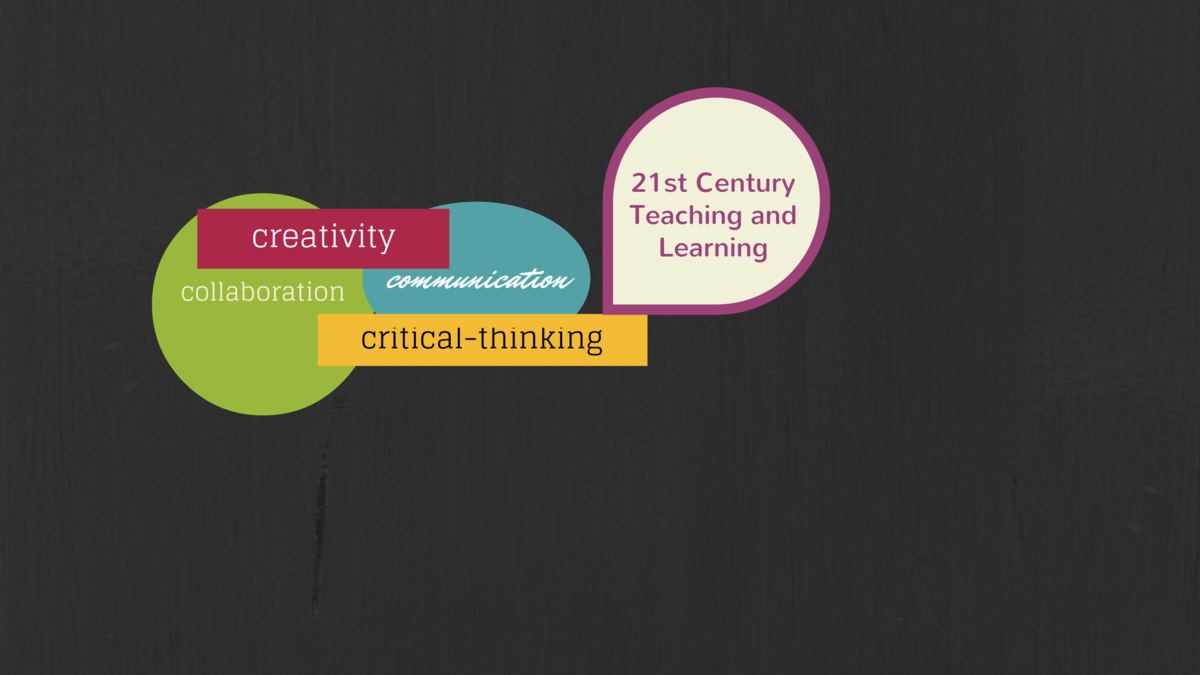

 Rachelle Wooten
Rachelle Wooten
Listly by Rachelle Wooten
This is where I curate Google Apps for Education for grades 6-12.
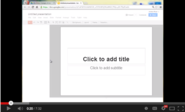
August 21, 2014 Planning to use Google Presentations with your students this year? The video tutorials below are definitely worth checking. There are a plethora of reasons why you would need to start using this presentation software. First, Google Presentation is web based and therefore does not require any software installation.

If you're a user of Google Drive, then no doubt you have also heard of and likely used Google Presentations (Google's version of PowerPoint). It's a great tool to create slick presentations in the cloud, especially after its most recent overhaul.

Google Apps for Education have allowed teachers to expand their classrooms in so many ways. My absolute favorite thing about Docs, Sheets, and Slides are the multiple opportunities that students have to work collaboratively within. Here are a couple simple tips for organizing Docs and Slides for Collaboration.
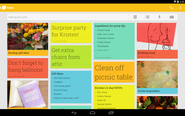
Keep is a note taking service from Google announced March of last year. It quickly lets you save notes on things you want to remember including voice notes, to-do lists, and pictures. It is available both as a Google Drive web service and a free mobile app you can download from Google Play.

Technology integration can become stalled when teachers and coaches focus solely on the subject area. Further, by necessity, many professional learning sessions are given to the entire, multi-discipline staff, and either the content becomes too thin or subjects get left out.

I've started using Google Drawing as a math centre this year. I've been creating what I call digital worksheets. Students are given material to respond to, similar to a paper worksheet. So why not just give them a paper worksheet? Technology in and of itself is motivating - it can be in colour when worksheets are black and white.
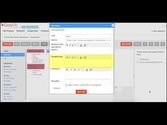
This tutorial explains how to use EasyBib's Notebook tool for creating digital notecards and outlines. Please note, this feature is only available in the premium version of EasyBib.

Whether you teach online classes or just love bringing social media and technology into the classroom, Google offers up some amazing tools to help you get students thinking, learning, connecting, and sharing. One of the newest, and perhaps the coolest, additions to Google's suite of online tools is the recently updated Google+ Hangouts.
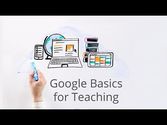
Register at http://g.co/basicsforteaching Want to bring technology into your classroom? Looking to discover new ways of creating meaningful learning experiences for your students? This self-paced, online course is intended for anyone - of any technical skill level - hoping to use Google's educational tools in the classroom.

As the search engine that's become its own verb, Google's success is difficult to frame. One of the most telling examples of their gravity in search is how few legitimate competitors they have. (Some would say they have none.)

by Terry Heick For the Google Generation, information isn't scarce, and knowing has the illusion of only being a search away. I've written before about how Google impacts the way students think . This post is less about students, and more about how planning resources like standards and curriculum maps might respond accordingly.

QR codes are 2-dimensional barcodes that can easily be created using a variety of QR generator websites and tools. When scanned using a QR reader on a smartphone or iDevice, these QR codes redirect the user to external web links, social media sites, text messages or even Google Docs!
